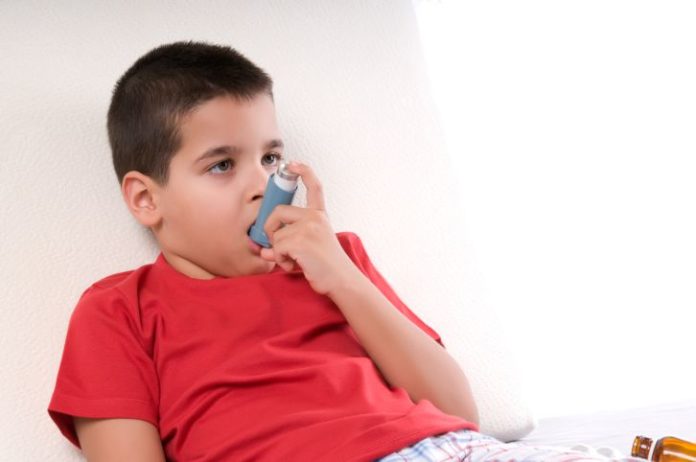Parents and teachers are being warned to prepare for a surge in asthma emergencies when children return to classrooms for the start of the 2014 school year.
The National Asthma Council Australia says that the 1 in 10 school children with asthma face a significant increase in the risk of asthma attacks and hospitalisation during the first few weeks of the school term.
“The ‘February Epidemic’ is well documented both here and overseas, with a big asthma spike in children immediately after school goes back,” National Asthma Council Australia Chief Executive Officer Kristine Whorlow said.
“This is caused by increased exposure to cold and flu viruses when children return to classrooms and factors such as stress, a change of environment or allergens and less strict asthma management over the holidays.”
Studies in Australia and the UK have shown asthma hospitalisations surge during the first month of the school year, with cases in Australia rising as much as threefold in children aged five to 14 years and doubling in preschoolers. While increased risks have also been recorded at the start of subsequent school terms, the February spike is by far the most significant.
To minimise the impact of this year’s back to school asthma spike, the National Asthma Council Australia is urging parents to make sure that their child has an up-to-date written asthma action plan prepared by their doctor.
Parents should also ensure their child:
- Gets back into their asthma routine before the school year starts, including taking preventer medications every day if prescribed
- Has a reliever puffer and spacer packed in their school bag – check that the puffer isn’t empty or out of date
- Knows how to use their reliever puffer and spacer by themselves (if old enough) or with help
- Feels comfortable asking for help or telling their teacher if they are getting asthma symptoms
Ms Whorlow recommended parents give the school or childcare a copy of their child’s asthma action plan and tell staff if their child requires help with taking medication. A copy should also be given to anyone who regularly has the child in their care, such as grandparents or sports coaches.
“It’s important that preventer medications are taken, when prescribed, and that both children and carers are familiar with their reliever medication and know how to use it correctly,” Ms Whorlow said. “Taking these preventative measures before and during the first few weeks of school can go a long way to helping keep children with asthma out of hospital.”
(Source: National Asthma Council Australia)










